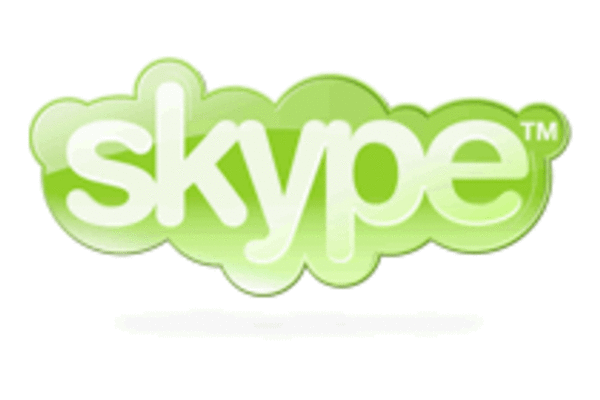Skype battery usage slashed on Windows 8 devices
James Delahunty
23 Oct 2012 12:17

Skype app designed to use less power.
Essentially, when the Skype app is running in the background on Windows 8, it stops using the CPU of the device entirely and takes advantage of a feature called Connected Standby in modern chips, and Microsoft's cloud servers.
One minute after a user switches to another app, the Skype app will be suspended entirely after it registers its change of activity with Windows Push Notification Services (WNS), which is Microsoft software that runs in the cloud.
Skype typically has worked by maintaining open connections with all active contacts. This way, the Microsoft cloud servers will take on the job of alerting the Windows 8 device that there is an incoming call or message, with the Skype app not using the system resources at all. When the device receives the notification from Microsoft's servers, it will reactivate the Skype app and the app will handle the activity. The reactivation will happen within a fraction of a second after a user tries to make an incoming call.
"Skype evolved on the desktop as a large application that maintains a connection with all of your peers," Piero Sierra, Skype's director of program management, told the BBC News website.
"This architecture was designed in a world where cloud services were not readily available, and it scales very well on desktops. But as our users are more and more connected to other mobile devices, battery life becomes a top consideration, and thus a service-based architecture like the one we are introducing makes a lot of sense."
Other software developers will also be allowed to build support for Connected Standby into their apps, and will be encouraged to do so in order to prolong the battery life of laptops, tablets and smartphones.